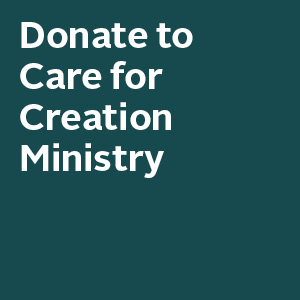Advocacy
Illinois State Legislation
In the spirit of Laudato Si’, a Catholic Conference of Illinois statement (CCI) was issued encouraging renewable energy development in Illinois that respects the human dignity of all and aids the poor and vulnerable. In 2021, legislation was passed called the Climate and Equitable Jobs Act SB2408 (CEJA).
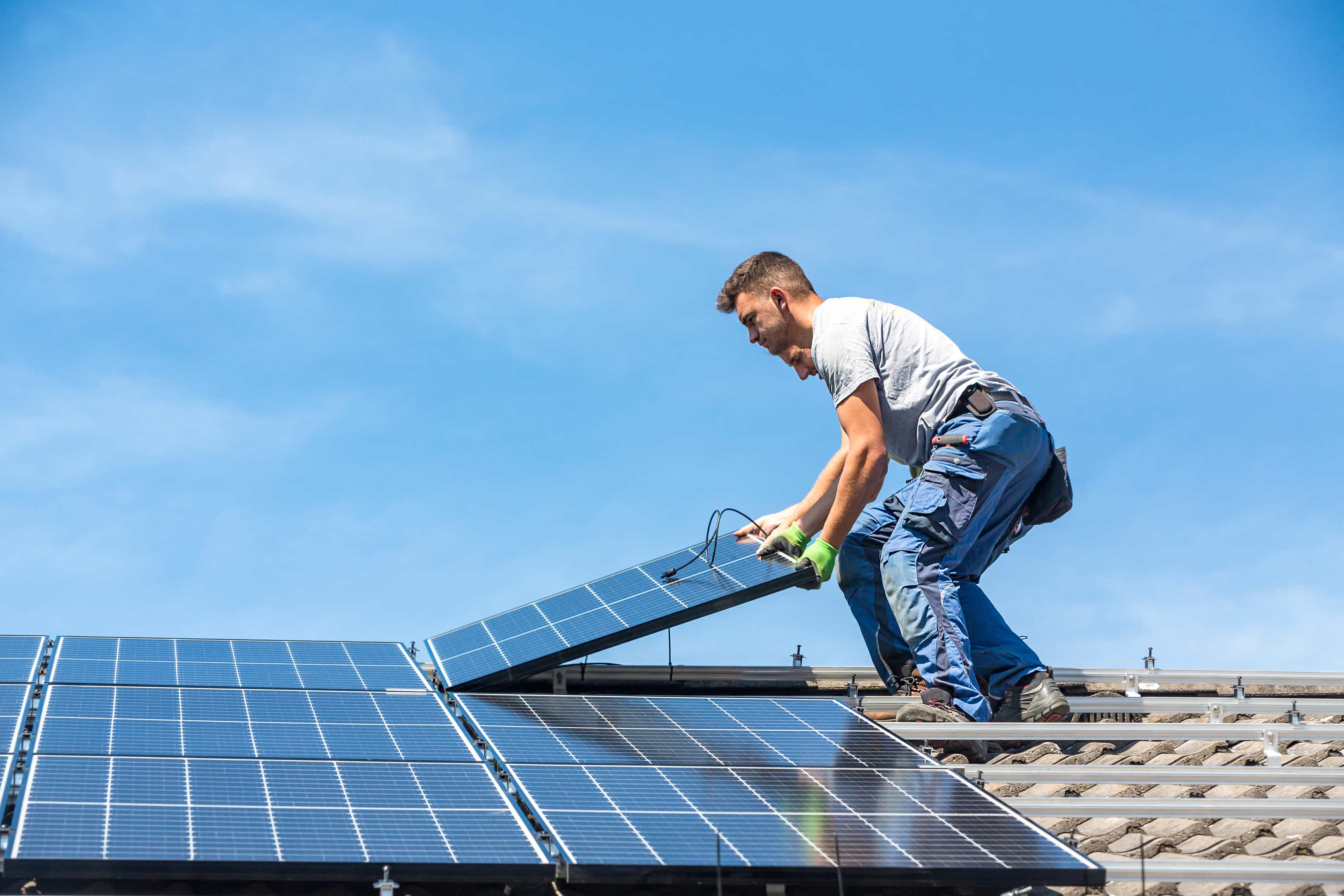
The Illinois bishops have not taken a position on CEJA legislation, but CEJA addresses many of their recommendations on advancing renewable energy development, increasing energy efficiency, reinvesting in communities and provisions to increase job opportunities in Illinois’ clean energy workforce.
As Pope Francis states in Laudato Si’, the “climate is a common good, belonging to all and meant for all.” (23) It is with concern for this common good that we urge Illinois to continue its progress on the path to increased renewable and clean energy, accompanied by significant reductions in pollution and carbon emissions, support for rural communities in our state, increased access to clean water, and addressing other environmental blights on our common home, the Earth.
Pope Benedict reminded us, “The Church has a responsibility towards creation, and she considers it her duty to exercise that responsibility in public life, in order to protect earth, water and air as gifts of God the Creator meant for everyone, and above all to save mankind from the danger of self-destruction”.1 Maintaining progress towards putting Illinois on a path to 100% renewable energy is important to significantly reduce carbon emissions and encourage electrification of state transportation, while creating jobs and economic opportunity. Keeping a focus on clean water and sustainable land use initiatives are equally a priority. We expect additional state legislation to be introduced over time that promotes Catholic values and Creation Care. It’s important for Catholics to be aware of pending legislation and to take action to support it if you determine it meets Catholic criteria.
1 For the Celebration of the World Day of Peace 1/1/2010- Benedict XVI (#12).
There are a variety of tools available to educate parishioners and encourage them to:
- Sign up with the Illinois Catholic Advocacy Network (I-CAN) for action alerts and information on opportunities to lobby
- Check here to see if CCI action alerts are available to write your Illinois legislators.
- Here is a link to look up and contact your Illinois State members of Congress to encourage action on Creation Care issues.
- Form a Parish Creation Care Committee to develop parish wide initiatives towards the Laudato Si’ Action Platform Goals.
- Speak to other parishioners about supporting the legislation.
- Resources: Check the advocacy pages of the Illinois Environmental Council and Faith in Place to see if suggested advocacy actions meet CCI guidelines.
- Reach out monthly to stay current with legislative opportunities and in contact with Congressional members.
- Join Spring and Fall lobby days by signing up for action alerts here.
One of most powerful things we can do to advance renewable energy is to tell our Illinois state legislators, whether by email, phone or in person (even via Zoom), to pass legislation. Consider joining small groups of fellow constituents to meet virtually or in person with your state legislators on Clean Energy lobby days. You can sign up for the Illinois Catholic Advocacy Network here for opportunities to communicate and meet with state legislators.
What to expect? 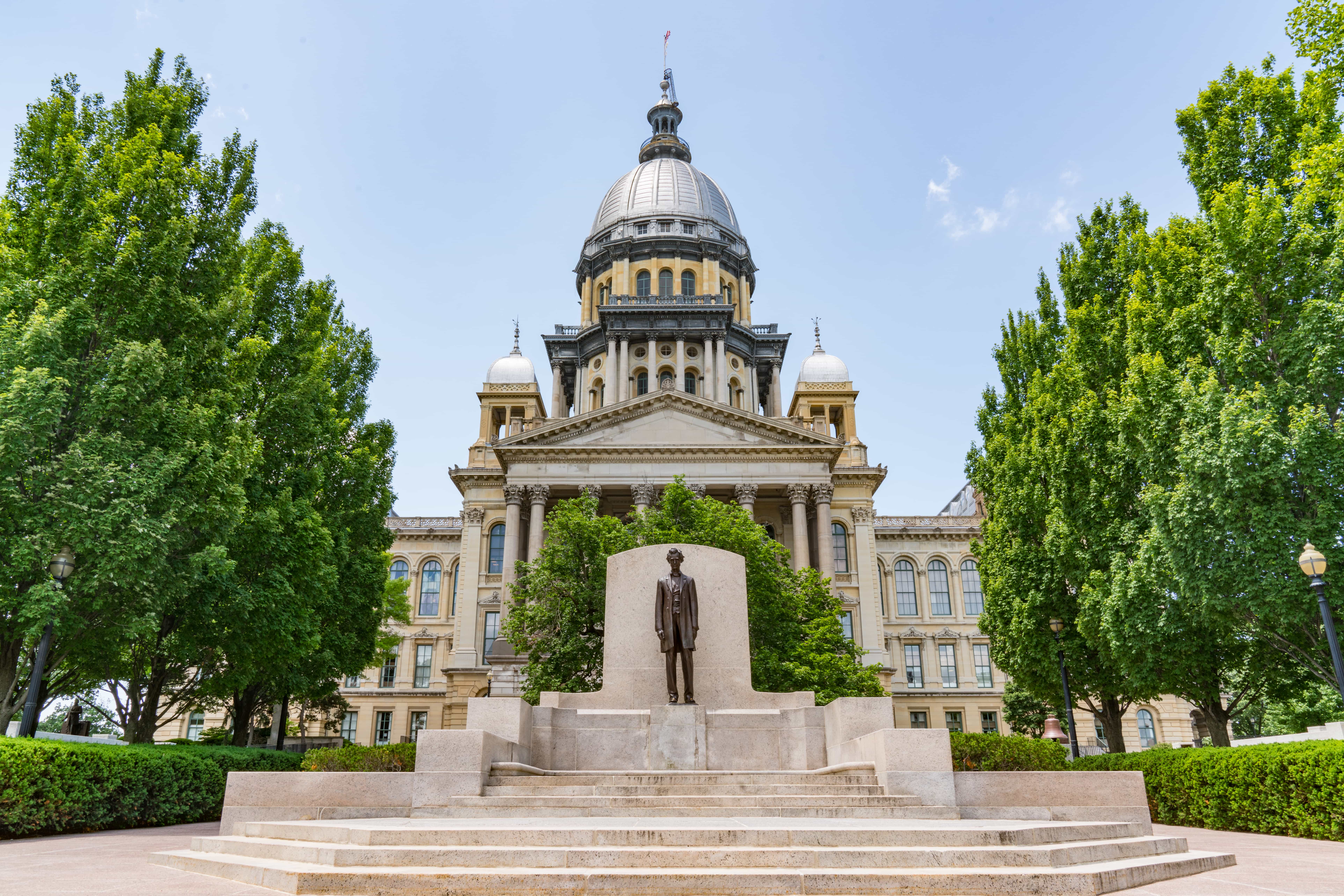
You do not need any previous experience. For lobbying State Representatives and Senators on Clean Energy lobby days, organizations involved in those efforts will set up the meetings and schedule Zoom pre-meetings with you and others in your district to coach you on what to say, the best way to say it, provide additional information on legislation, as well as answer any questions you have. They will also provide a lobby day team leader to be with you.
What to Tell State Legislators (or Parishioners) About Renewable Energy
“Our Illinois bishops have issued a statement listing principles that must be considered prior to supporting specific renewable energy and sustainability legislation. Although the statement does not support any specific legislation, it does support certain values:
- Expansion and funding of the Illinois Solar for All program
- Expansion and funding for electric and gas energy efficiency programs
- Reinvestment in communities hosting fossil fuel power plants, coal mines or nuclear power plants
- Increase job opportunities in the renewable energy industry
- Increased focus on sustainable and diversified agriculture
- Safeguard water supply and increased access to clean water
- Protect our environment from toxic chemicals, like PFAS
Please support these principles as Illinois state renewable energy and sustainability legislation is implemented. Thank you.”
Here is a link to look up and contact your Illinois State members of Congress to encourage action on Creation Care issues.
Energy Initiatives for Parishes and Schools
Energy efficiency is the fastest, cheapest and largest single resource solution for simultaneously saving energy, saving money and preventing Greenhouse Gas (GHG) emissions. Benchmarking refers to measuring a building's energy use over time, and in comparison to other properties of similar size and location, and then using that information to assess performance, identify improvements and quantify potential and real savings. Parishioners who are advocates of Creation Care can have an important role to play in this process. As volunteers, you should engage with your pastor, the parish business manager and let them know that you (and fellow team members) are committed and available to help identify and support a given initiative/investigation opportunity. The Archdiocese of Chicago is available to offer guidance – and that step is highly recommended since they deal with these matters all the time.
Benchmarking Process
- Step 1: Map the Campus Utilities. Every parish is different when it comes to the layout of their energy and water meter supply. Some locations have central heating plants that provide for multiple buildings, while others have a separate meter for each facility. Working with the parish business and facility staff to locate meters, document on-site supply framework and consolidate invoice information will allow for a more accurate analysis of the site’s energy usage.
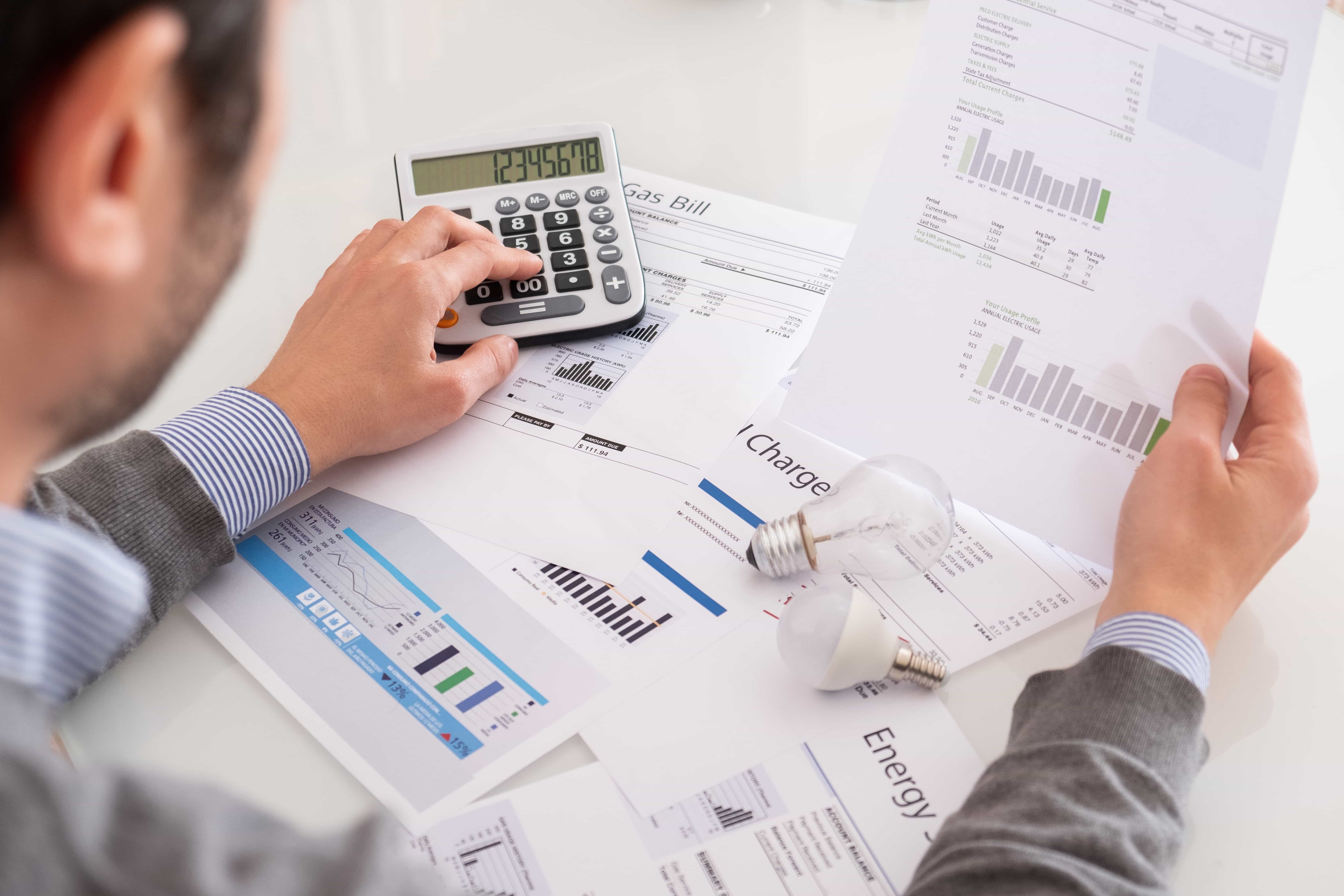
- Step 2: Assess Performance. Before starting any project, you need to assess your current energy performance to see how you compare. This is called “benchmarking”. Benchmark your worship facility’s baseline energy use, costs and GHG emissions. Your benchmark provides a baseline from which you can plan, manage, and track improvement projects toward success. You cannot manage what you do not measure.
- Step 3: Set Goals. Congregations decide to focus on energy efficiency for a variety of reasons, including lowering utility bills, reducing energy consumption and reducing pollution that is harmful to human health and the environment. Set and achieve realistic savings goals for your congregation.
- Step 4: Create an Action Plan. Identify actions that the congregation can do relatively easily and with little or no expense. Typically, there are savings opportunities available.
- Step 5: Implement the Action Plan. Implement the energy efficiency plan you developed and communicate the expected benefits and outcomes to the other members of your congregation. Don’t overlook the skilled and professional time and talent in your own congregation. Additionally, consider the valuable contribution your youth group can make in implementing the plan.
- Step 6: Evaluate Progress. After the planned work has been completed, ensure that your congregation will sustain improvements in property operation and maintenance practices, maintaining any new equipment and systems at peak performance and tracking your energy and dollar savings.
One of the more common Creation Care suggestions is adding solar panels to the roof or on site at a school or parish. Where it makes sense, solar installations are an ideal way to promote renewable energy. It will be important to build a solid business case for this type of renewable energy effort. The Archdiocese of Chicago has negotiated a multi-year power supply contract with all parishes and schools in the archdiocese and negotiates all legal contracts and power agreements for the archdiocese. While this could be a barrier, this does not preclude the possibility of an independent location switching to renewable energy, but it can make the business case a little more challenging.
There are several factors to be taken into consideration in determining if solar is a good fit for your parish or school and whether it is likely to break even financially or generate a cost savings. A good starting point is to begin with a discussion with your parish pastor and Business Manager. If the outcome is positive from that discussion, we recommend contacting the Archdiocese Energy and Sustainability Associate, David Singler. Success in meeting minimum business case requirements is more likely if David can identify interested parishes in advance and negotiate a cluster of parish solar development initiatives with a single developer. David can assist you helping to build the business case, negotiating the contract, and helping add to your credibility in recommending the project as being financially advantageous (or at least breakeven) for your parish or school. Email David Singler at [email protected].
In recent years, state legislation has paved the way for Community Solar opportunities. Community Solar may be a good option for parishes who are not ideal candidates for installed solar on their buildings, or who prefer not to install solar panels on their buildings. Community Solar is an arrangement under which many customers “subscribe” to a single third party solar provider who is providing power from a large Photo Voltaic project. By “subscribing” we mean that an entity like a parish would agree to buy a fixed portion of the power generated from the Photo Voltaic array as required to meet their annual electrical needs. In return, the parish would receive a credit on their monthly electric bills for the kwh produced that month by their subscription (called virtual net metering). The subscriber would pay their utility (ComEd) for the difference between the amount of electricity they used and their credit (the net) at the default rate. The subscriber pays the solar provider, at a discounted rate, for all of the energy that their portion of the array produced. If the subscriber portion of the array produced more energy (in a given month) than they used, the utility (ComEd) carries over the excess credit to the following months. Of the three typical components of an electrical bill (Supply, Delivery, Fees & Taxes), these Community Solar arrangements can result in up to a 20% discount on the supply rate.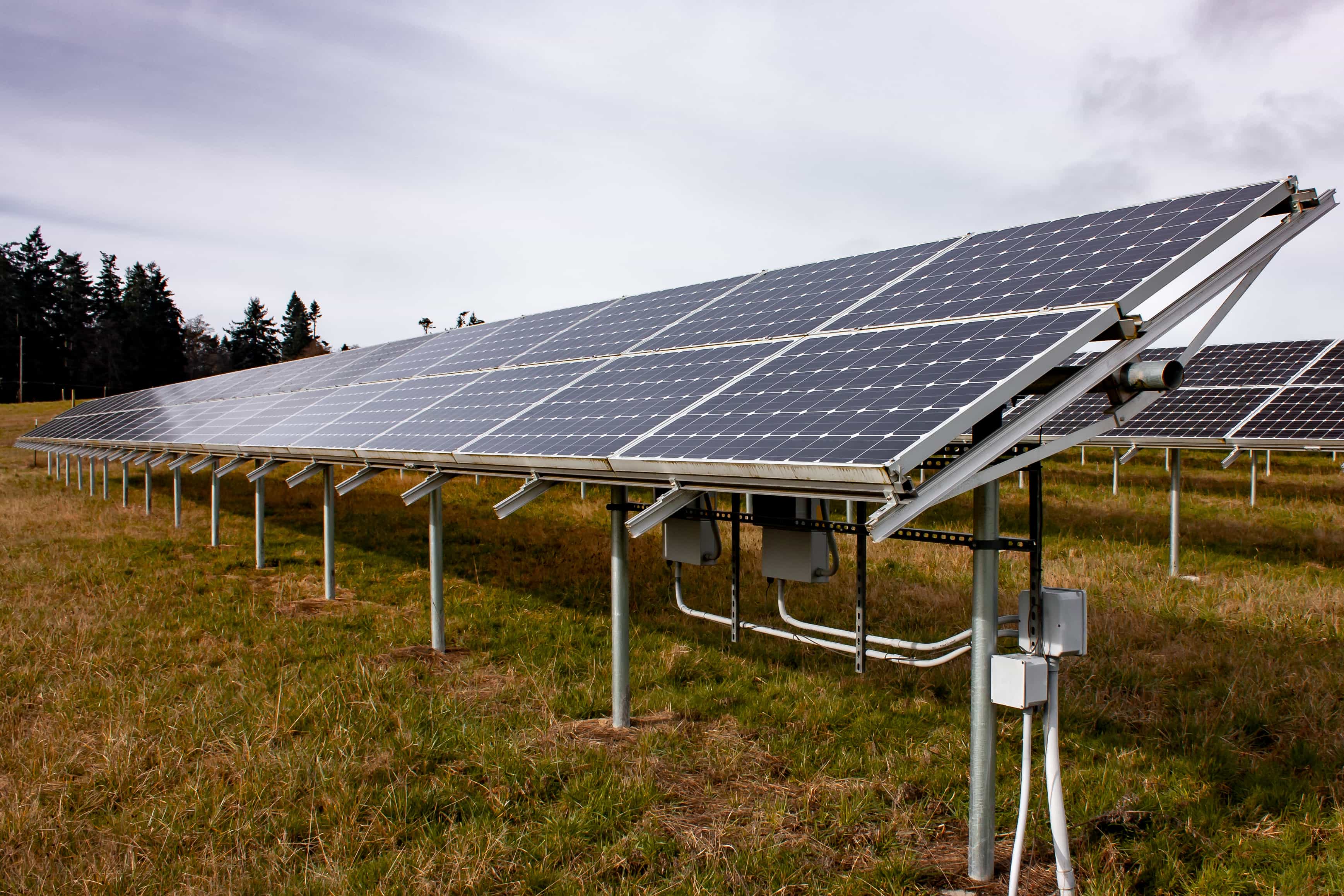
The discount on the rate paid to the solar provider may vary according to subscriber’s rate classification (single residential, commercial variable, etc.). In most cases, subscribers will save money (on the “supply” portion) of their bills. However, Community Solar is not just about saving money. It is primarily about displacing the use of fossil fuels for production of electricity. For this purpose, Community Solar is mandated and financially assisted by State legislation. But the impact of Community Solar projects can be fully realized only if they are fully subscribed.
Under this arrangement, the utility continues to service the lines of the subscriber. The third-party solar project might be located near the customer or many miles away, but it must be in the same utility service territory as the customer. The solar power from the third-party array is fed into the utility service grid and therefore is not directly used by the subscribers. But by supporting Community Solar, a customer/subscriber is promoting renewable energy in our state and expanding the state’s renewable energy portfolio.
Parishes that want to consider Community Solar are advised to use the following process:
- Begin with a discussion with your parish pastor and Business Manager.
- If the outcome is positive from that discussion, we recommend contacting the Archdiocese Energy and Sustainability Associate, David Singler. Success in meeting minimum business case requirements is more likely if David can identify interested parishes in advance and negotiate a cluster of parish community solar development initiatives with a single third-party provider.
- David could assist you helping to build the business case, negotiating the contract and helping add to your credibility in recommending the project as being financially advantageous (or at least break even) for your parish or school.
- Present the proposal to the Pastor and Business Manager for approval.
- Work with David and the Business Manager to execute the contract. Email David Singler at [email protected].
National LEGISLATION
A major area of concern and focus in of Pope Francis’ encyclical Laudato Si’ is our changing climate. In the spirit of Laudato Si’, the US Conference of Catholic Bishops (USCCB) issued a welcoming statement in 2019 introduced legislation called the Energy Innovation and Carbon Dividend Act (EICDA). This legislation put a small but annually increasing fee on the carbon emissions of fossil fuel producers. The money collected from fossil fuel companies would be rebated back to every US household as a periodic “dividend” check. This would prevent economic harm, especially to the poor and middle-class families, when fossil fuel prices increased. The goal of this type of carbon pricing legislation is to price fossil fuels to reflect their full cost and to encourage people to switch to cheaper clean energy, to slow climate change.
Pope Francis has said that a “failure to deal with carbon emissions has incurred a vast debt that will now have to be repaid with interest by those coming after us...” He went on to say, “…carbon pricing is essential if humanity is to use the resources of creation wisely.” Since there are different possible ways being considered to address climate change, the USCCB has urged that any legislation under consideration include these guidelines.
In Laudato Si’, Pope Francis states, “There is an urgent need to develop policies so that, in the next few years, the emission of carbon dioxide and other highly polluting gases can be drastically reduced, for example, substituting for fossil fuels and developing sources of renewable energy.” (26)
Pope Francis transforms the environmental dialogue into a social justice concern emphasizing that the poor and future generations, who are least responsible for the climate problem, will suffer the most from its consequences.
Here are resources to educate parishioners and encourage action:
- Sign up with the USCCB environmental advocacy page here for action alerts.
- Write your US Representatives and Senators on current legislative opportunities at the Catholic Climate Covenant advocacy page here.
- Here is a link to look up and contact your U.S. members of Congress to encourage action on Creation Care issues.
- Form a Parish Creation Care Committee to develop parish wide initiatives towards the Laudato Si’ Action Platform Goals.
- Speak to other parishioners about supporting pending legislation.
- Other Resources: Check the advocacy webpage of Faith in Place and the Citizens Climate Lobby-Catholic Action Team for advocacy actions meeting USCCB guidelines.
- Reach out at least monthly to call or write U.S. Representatives and Senators to take action.
- Join Spring and Fall lobby days by signing up for action alerts here.
